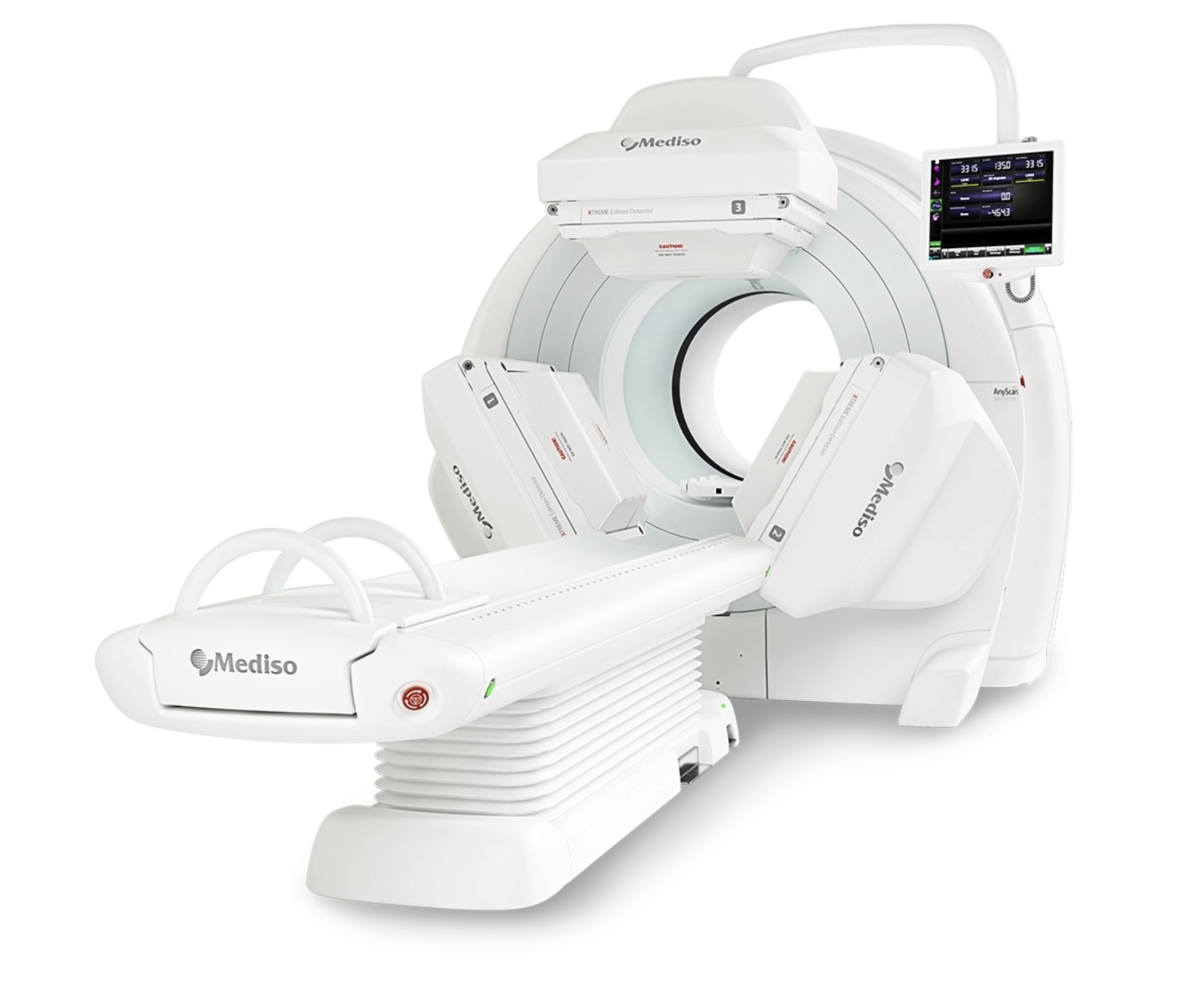Nuclear medicine procedures are very safe and carefully regulated. Your doctor has already evaluated the benefits versus risks before referring you for your scan. However, we understand you may have questions about radiation exposure.
Putting Radiation Risk in Perspective
We encounter various risks daily—from driving a car (1 in 10,000 chance of fatality) to natural background radiation. To help understand nuclear medicine radiation levels:
| Source |
Approximate Radiation Dose |
| Annual natural background radiation |
1.5-7.5 mSv (varies by location) |
| Transatlantic flight |
0.08 mSv |
| Chest X-ray |
0.1 mSv |
| Typical thyroid scan |
1 mSv |
| Routine PET-CT scan |
7-10 mSv (equivalent to ~3 years of natural background radiation) |
| Bone scan |
3-5 mSv (equivalent to ~1 year of natural background radiation) |
| CT scan of abdomen/pelvis |
10 mSv |
How Radiation Affects the Body
As with all radiation, there is a very small theoretical risk of causing tissue damage during nuclear medicine procedures. When radiation interacts with DNA or chromosomes, it could potentially increase the risk of mutations in these regions.
However, the amount of radioactive material used in diagnostic nuclear medicine scans is incredibly low—much lower than conventional radiology. At these low levels, the benefit of accurate diagnosis far outweighs the minimal risk.
The effects of radiation become significant only at much higher doses, such as those used in radiation therapy (where the goal is specifically to damage cancer cells).
Pregnancy Considerations
In developing fetuses, radiation exposure could potentially cause developmental issues if given in high enough doses. For this reason:
- All female patients of childbearing age will be asked about pregnancy status
- Pregnancy testing will be performed when appropriate
- For patients who are pregnant, the benefits and risks will be carefully evaluated and discussed with you
- Alternative diagnostic options may be considered when appropriate
Risk Assessment
The lifetime risk of developing cancer from a single thyroid scan (1 mSv) is approximately 1 in 20,000. For comparison:
- Natural lifetime cancer risk: 1 in 2.32
- You would need approximately 8,600 thyroid scans to match the background cancer risk
- Nuclear medicine scans generally deliver lower radiation doses than CT scans
Our Commitment to Safety
We follow strict protocols to ensure you receive the minimum radiation dose necessary for an effective diagnostic scan. Our doses are substantially lower than those used in many other countries, including the USA.
Questions?
If you have any concerns about your specific procedure, our nuclear medicine specialists are happy to discuss your individual scan and provide exact radiation values. Please contact us prior to your appointment if you have specific questions.


